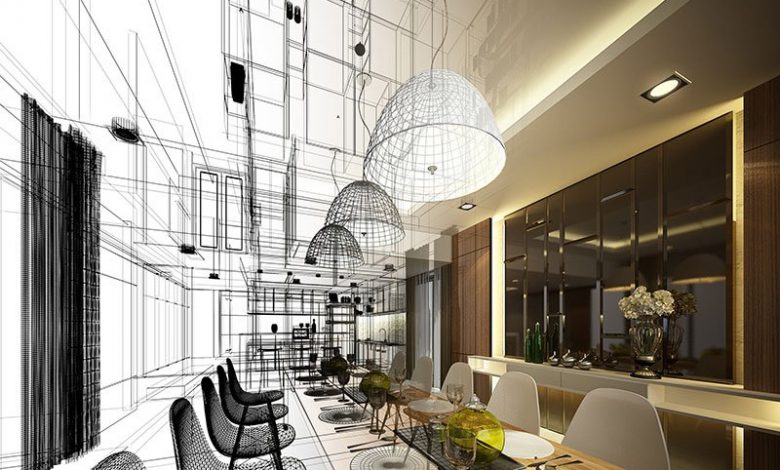Questions to Ask When Interviewing Design-Build Contractors

A design-build contractor can be a great resource when building your home. Unlike traditional construction, the process is streamlined and centralized, resulting in a single point of contact for the owner of the house. The design-build contractor such as ECO Minded Solutions works collaboratively with all parties involved in the project, hiring other firms and holding contracts for them. The design-build firm also acts as the owner’s point of contact during construction and manages problems as they arise.
Scope of Work
Hiring a design-build contractor for your construction project has a number of advantages, including cost savings over the traditional approach of hiring an architect. In addition, because design-build contractors handle everything from preliminary design to construction administration, they may be more practical than hiring an outside designer or architect. However, design-build contractors can also create delays and other problems during the process. To avoid these problems, ask your prospective design-build contractor the following questions.
In addition to limiting the scope of work, design-build contracts allow for a termination after the design phase. In some cases, design-build contractors work on a negotiated bid system, in which the design-builder deals a fee for construction services in addition to providing the design. Ensure the contract clearly defines the designer’s role and allows for separate pricing.
Cost
Hiring a design-build contractor can be an excellent option if you’re planning a major renovation or addition. These firms are experienced in home construction and work with various subcontractors to complete the job. Unlike a typical construction company, a design-build contractor has a streamlined process for handling standard services, including plumbing, electrical, and landscaping. In addition, they can take on the entire project or just a portion of it.
Before deciding on a design-build contractor, it’s helpful to establish a budget range for materials. This can guard against scope creep and protect you from overspending. For example, a homeowner may have a range of between $60 and $125 for typical services, but they will have to negotiate the final price with a design-build firm. During the design process, homeowners can reference fixtures and fittings, such as product catalogs, tear sheets, and Pinterest boards.
Contract and Time-Frame
One advantage of contracting with a design-build contractor is that construction can begin almost immediately after the design phase is complete. As a result, design-build projects often overlap the design and construction phases. In addition, because the contractor will work in a collaborative environment, each member will have one point of contact and a common goal. Due to this collaborative process, change orders are relatively rare. And because there is a single point of contact, it is easy to track project progress.
Another advantage to contracting with a design-build contractor for your standard services is the reduction of project timelines. By eliminating the separate design and construction phases, contractors will have a single point of contact to handle the entire project. As a result, communication is improved, accountability is higher, and the contractor will focus on problem-solving instead of pointing fingers. This can help reduce cost overruns and delays.
Other Relevant Questions
When interviewing design-build contractors, ask the same questions as any general contractor. Ask how long they’ve been in business, whether they use subcontractors, and what they do to address problems and costs. If they are new to the construction industry, consider looking at their portfolio and past projects to determine if they have the experience you need. In addition, ask them how they handle issues that come up during the construction phase.
Design-build contractors can handle everything from preliminary design to construction administration. Additionally, these contractors can give you more design freedom and control over the specifications. These advantages may outweigh the downsides. Asking these questions beforehand can help you avoid pitfalls and find a contractor you can trust. If you get referrals from friends and family, you may even opt for a design-build contractor before hiring an architect.





